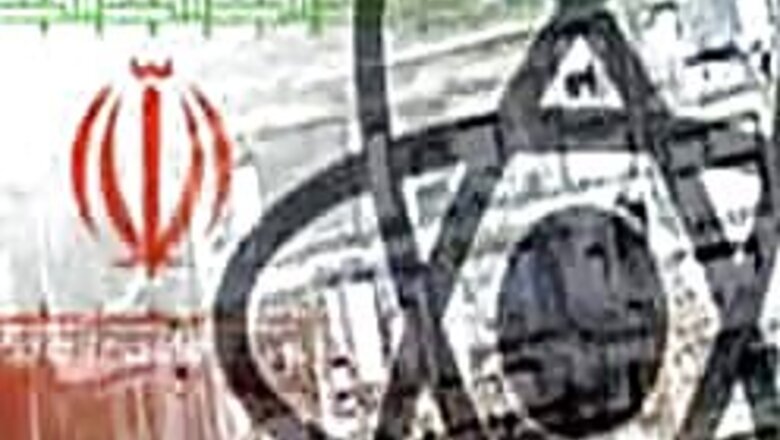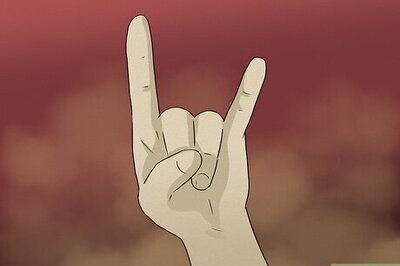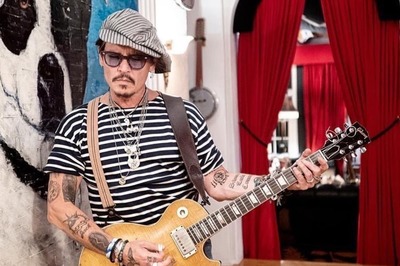
views
Vienna: Europe is treading softly on the issue of Iran's uranium enrichment program at a meeting of the UN nuclear agency, fearing too much pressure could jeopardize talks with Tehran, documents made available on Wednesday shows.
A draft statement by the European Union drawn up for later delivery at the 35-nation board meeting of the International Atomic Energy Agency notes "that international concerns about Iran's nuclear program remain to be resolved and that repeated requests by the board remain to be fulfilled".
But beyond that mild criticism of Tehran's refusal to cooperate with an IAEA probe of its nuclear activities, the four-paragraph statement is conciliatory, urging Iran "to respond positively" to a recent offer to resume nuclear talks.
Separately, a confidential letter from Peter Jenkins, Britain's chief representative to the IAEA, restricts itself to informing the meeting that Iran has been offered a package of incentives in exchange for negotiating on its nuclear program.
The only implicit threat is a June 1 quote from British Foreign Secretary Margaret Beckett, who warns of the possibility of "further steps in the UN Security Council" if Iran remains defiant.
Britain in the past has been among Europe's strongest critics of Tehran's nuclear ambitions.
Iran says it has a right to enrich uranium for purposes of generating electricity under the Nuclear Nonproliferation Treaty.
The United States and its allies assert the claim is a cover for attempts to develop a weapons program using highly enriched uranium in the core of nuclear warheads.
Diplomats said the low-key language of both texts was a reflection of efforts by the West not to anger Iran and derail the possibility of a positive response to the June 1 proposal, which offers nuclear and other technology and other incentives to Tehran if it suspends enrichment and starts talks.
In a further reflection of Western efforts not to anger Iran, however, only the incentives part of the deal was given Iranian officials when chief EU foreign policy official Javier Solana visited Tehran last week.
PAGE_BREAK
In Madrid on Wednesday, Iranian Foreign Minister Manouchehr Mottaki described the presentation of the package as a "step forward" and promised an answer after serious review.
Mottaki said that after Iran reviews the incentives, it will consult with Germany, Britain and France to express its views.
"Then we'll decide together how to handle the issue and follow up the matter to the finalization and solution of the problem," he said in English. Spain was not one of the countries involved in the incentives package.
Mottaki said Iran also would hold discussions with other European countries, China, Russia and nonaligned nations.
Still, he suggested that a long-term moratorium on enrichment - a red line for the United States and some of its closest allies - was not up for discussion, alluding to enrichment as "the legitimate right of our country".
The package calls on Iran to suspend enrichment for the duration of any negotiations, and sets out the priority of a long-term moratorium of such activity until the international community is convinced that Tehran's nuclear aims are peaceful.
In a symbolic sign of support by Moscow, Russian Deputy Foreign Minister Sergei Kislyak was among those with Solana when he delivered the incentives package to Tehran last Tuesday.
Russia has said it is prepared to join any negotiations with Iran, and China has indicated it might also do so.
America also said late last month that it was ready to break with decades of policy and talk to Iran directly in a multinational framework on its nuclear program.
Still, China, Russia and possibly Germany might push to allow Iran some tightly controlled and small-scale enrichment rather than see talks founder, diplomats said.
Russia and China also might balk at enforcing selective UN sanctions on Iranian officials and activities.

















Comments
0 comment